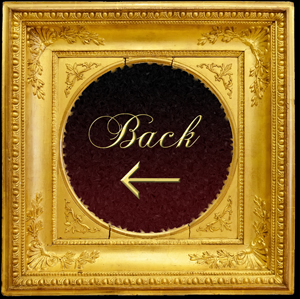

1. If this is your first romance, or your first time-travel romance, it might be best to avoid the far-fetched and far-out.
Remember that even a simple time-travel idea will bring about many complications in the transition from one age to another, the adjustment of your character to another time, and the consequences of the time-travel experience to both time periods. When your plot becomes too complicated, the time-travel experience too technical, it's easy to lose sight of the fact that you're writing a love story, not a treatise on time-travel.
For a beginner, a relatively straightforward story featuring a protagonist who moves from past to present, or vice versa, may be best. It might be advisable, too, to avoid mixing genres--e.g., combining time-travel romance with science fiction or futuristic genres.
2. Try to deal with the complications/implications of the time-travel experience in a way that neither leaves loose ends nor overwhelms the love story itself.
Ideally, your time-travel experience should be integral to the romance. Ask yourself why your character has made this journey through time. What needs are being better met in another time period, and with the new love interest discovered there? Here again, the romance should loom foremost in your mind.
The effects of the time-travel experience--e.g., the differences in the new age, and the effects on those left behind--should be addressed, but you should not fall into the trap of endlessly addressing such issues to the exclusion of the love story.
3. Be careful of changing history! Here, the "suspended disbelief" of your readers may fall quickly by the wayside.
For instance, what if you have a character go back in time to stop the slaughter at the Alamo? Who today would believe that the battle of the Alamo never occurred? Plus, such a tangent can easily become very distracting to your romance.
Your characters may certainly change events--particularly if your character has a goal in traveling backward/forward in time. But I feel it's best to keep such changes within the framework of accepted historical events.
4. Bear in mind the publisher you're targeting.
For instance, my editor at Leisure Books has often stressed that the time-travel experience must be believable. She prefers not to see devices such as automobile wrecks, comas and time machines used to propel a character through time. Other publishers may feel differently about these or other devices. It might be best to check with other publishers regarding what works for them in this genre; guidelines are sometimes available on request (a SASE helps).
